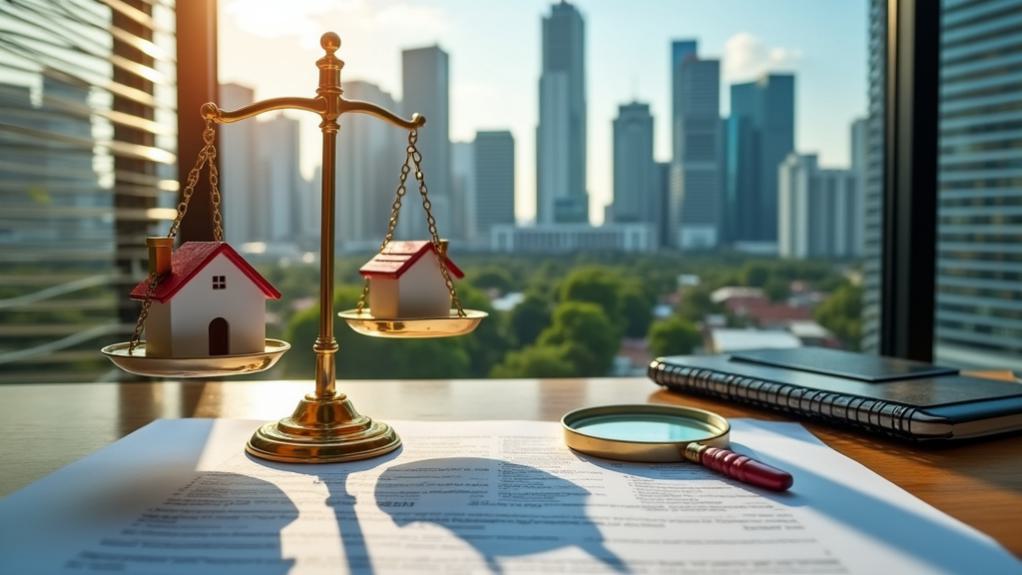As Singapore’s property market continues to evolve under stringent regulatory oversight, decoupling arrangements have come under intensified scrutiny from both the courts and the Inland Revenue Authority of Singapore (IRAS) throughout 2024. The authorities are focusing particularly on transactions where the primary intent appears to be avoiding the Additional Buyer’s Stamp Duty (ABSD) rather than serving legitimate commercial purposes.
The heightened examination centers on determining whether property transfers constitute genuine sales or function primarily as tax avoidance mechanisms. IRAS and courts are applying increasingly rigorous standards to assess the commercial substance behind these arrangements.
Authorities are intensifying scrutiny to distinguish legitimate property transactions from schemes designed purely to circumvent tax obligations.
Particularly concerning to authorities are “99-1 split” cases, where minimal ownership stakes are transferred between spouses to circumvent ABSD obligations. These cases have been specifically flagged as high-risk for potential abuse.
Legal and financial advisors now face greater responsibility to substantiate the bona fides and economic intent underlying decoupling transactions. Regulatory bodies demonstrate a willingness to pursue retrospective recovery of underpaid duties when abuse is identified. This enforcement approach reflects authorities’ commitment to closing legal loopholes that allow tactical manipulation of property ownership structures. Property owners must also ensure mandatory CPF refunds including accrued interest are properly handled during the transfer process.
The regulatory scrutiny occurs against the backdrop of ABSD rates remaining at 20% for citizens purchasing second properties in 2024. This rate is calculated on the higher of the purchase price or market value.
Decoupling arrangements often seek to reset property ownership counts. This enables one party to qualify as a first-time buyer and avoid these substantial duties through creative structuring. The entire decoupling process typically requires 10 to 12 weeks to complete all necessary legal and administrative procedures.
However, the process involves all-encompassing regulatory oversight, requiring property valuation, execution of Sale and Purchase Agreements, legal conveyancing through separate law firms for each party, and mortgage restructuring subject to Total Debt Servicing Ratio regulations. IRAS and the Singapore Land Authority review and approve all transfer documentation before completion.
Stamp duties including Buyer’s Stamp Duty are payable based on the market value of transferred ownership shares. Non-compliance with payment deadlines can result in significant penalties, with fines potentially reaching up to four times the original duty amount.
The enforcement landscape particularly affects private properties. Decoupling remains prohibited for HDB flats among married couples since April 2016, except in divorce or special circumstances. Executive Condominiums face restrictions until completing their five-year Minimum Occupation Period. Landed properties encounter additional estate and lease-related limitations.





